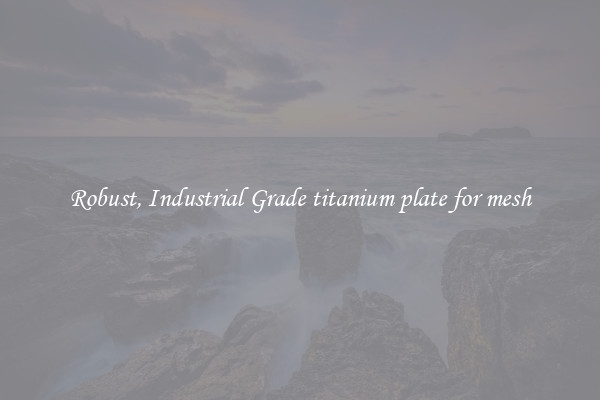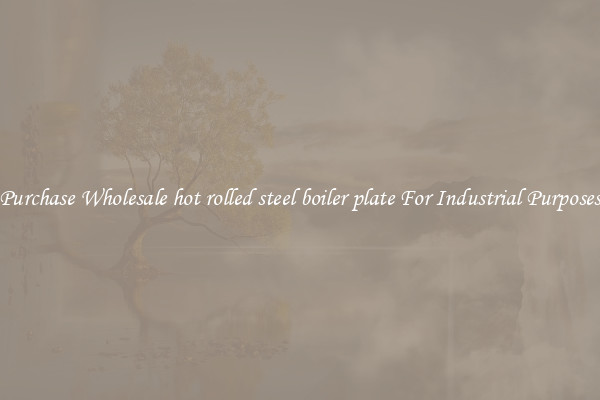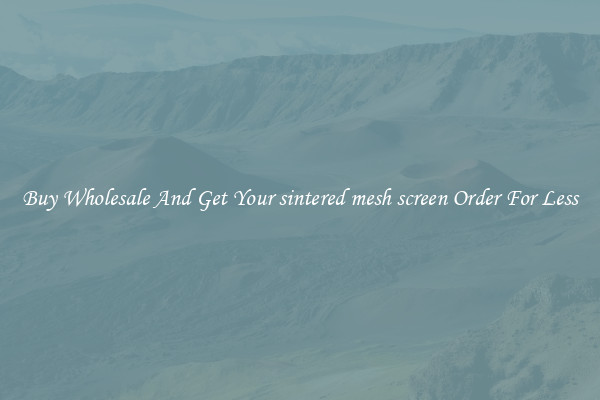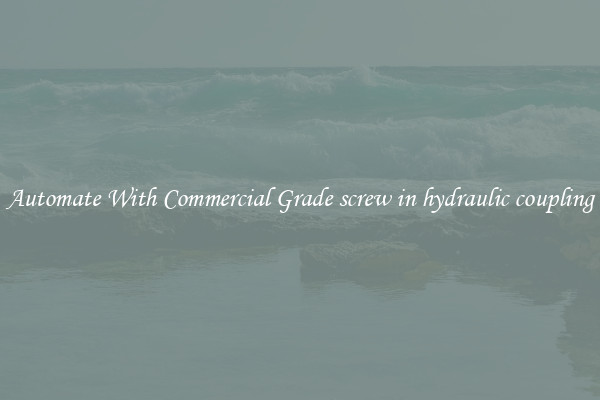Robust, Industrial Grade titanium plate for mesh
Robust, Industrial Grade Titanium Plate for Mesh: A Reliable Solution

Titanium is a remarkable element known for its superb strength-to-weight ratio, corrosion resistance, and overall durability. These properties make it a popular choice in various industries such as aerospace, marine, automotive, and chemical processing. When it comes to mesh applications, using robust, industrial-grade titanium plates can bring numerous advantages, ensuring long-term reliability.
One of the key benefits of using titanium plates for mesh is their exceptional strength. Titanium has a higher strength-to-density ratio compared to steel, making it significantly stronger while still being lightweight. This allows for the construction of mesh structures that can withstand high loads, harsh environments, and extreme temperatures without compromising structural integrity.
Another advantage is the unparalleled corrosion resistance of titanium. When exposed to oxygen, titanium forms a thin, protective oxide layer on its surface, preventing further oxidation and corrosion. This property makes it an ideal material for mesh applications in corrosive environments, including saltwater, chemical processing plants, and offshore installations.
Additionally, industrial-grade titanium plates offer excellent thermal stability and resistance to fatigue. Titanium has a low thermal expansion coefficient, meaning it can withstand extreme temperature variations without warping or losing its shape. This makes it suitable for applications that experience significant temperature changes, including industrial ovens, heat exchangers, and engines.
Furthermore, titanium is extremely ductile, enabling manufacturers to form complex mesh shapes and configurations. Whether it's for filtration, sieving, or structural support, titanium mesh plates can be custom-designed to meet specific application requirements. Moreover, the lightweight nature of titanium makes it easy to handle, transport, and install, resulting in reduced labor costs and increased efficiency.
It is worth noting that working with titanium requires specific manufacturing techniques to ensure its optimal performance. Specialized cutting, welding, and bending methods must be employed to avoid contamination and maintain the material's integrity. Moreover, stringent quality control measures are vital to ensure the accurate dimensions and consistency of the titanium mesh plates.
Overall, robust, industrial-grade titanium plates for mesh applications provide a reliable and durable solution for various industries. Their exceptional strength, corrosion resistance, thermal stability, and ductility make them a top choice for demanding environments. As technology and innovation continue to advance, titanium will remain at the forefront of material choices for mesh applications, contributing to the development of safer, more efficient, and long-lasting products.

View details

View details

View details

View details








